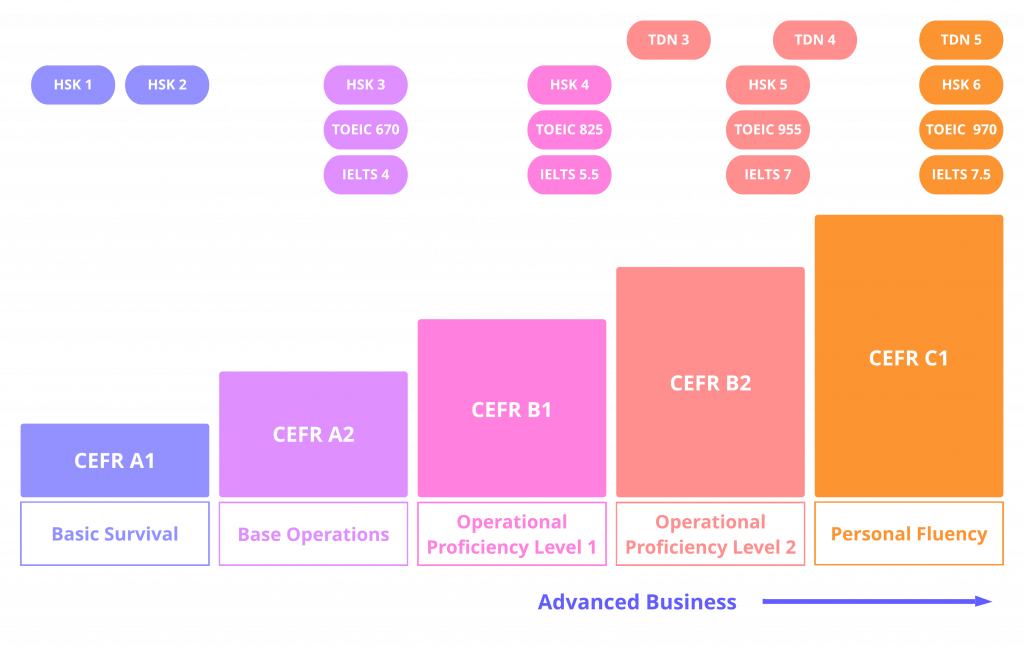British Sign Language is now an Official Language in the UK
After 19 years of advocacy by the Deaf community of Britain, the British Parliament recently passed a measure that makes British Sign Language (BSL) an official language of the United Kingdom. This comes as welcome news for both Deaf and hearing people across the UK, and for anyone who strives for a more inclusive society.
Never-the-less, many misconceptions and much confusion remain about BSL and Deaf culture. Read the list below to test your knowledge and start your journey into being a true ally for the Deaf community.
The word Deaf isn’t offensive or un-PC
Many people hesitate before using the term “Deaf” to describe someone with profound hearing loss. “Hearing impaired”, “aurally challenged”, and “hard of hearing” all come to mind. However, the term “Deaf” isn’t offensive at all. To the Deaf community, there’s nothing wrong or inherently bad with being Deaf, so feel free to use the term.
The term “hard of hearing”, though, is different. This refers to a person with some hearing loss, but who is still able to hear at a functional level. It would be incorrect to refer to someone who is Deaf as hard of hearing.
You might also notice that the word “Deaf” is capitalized. This is to recognize Deaf culture in its entirety. Deaf people have their own language, schools, customs, mannerisms, art, and more. This capitalization recognizes that.
Sign language isn’t inferior to spoken language in any way
Many people assume that sign languages are somehow lacking in comparison to spoken languages. They assume that without spoken words, Deaf people struggle or are unable to express themselves fully with sign language in the way that people who use spoken languages are.
As anyone who has any level of proficiency in a sign language (Deaf or not) will tell you, this is patently false. Not only is the range of vocabulary and complexity of syntax in sign languages equal to that of spoken languages, but most proficient users will tell you that they find sign language to me more expressive, communicative, and efficient than any spoken language.
Sign languages are not mutually intelligible
Most people would logically assume that British Sign Language users are able to communicate effectively in American Sign Language in the same way that British people have few, if any communication barriers with Americans. However, in sign language, this is simply not the case.
Not only are different sign languages not mutually intelligible (that is, German Sign Language, Russian Sign Language, and British Sign language are all very different), but they bear no similarities to the spoken languages of their countries of origin. For example, British Sign Language is at least 600 years old. American Sign Language, however, developed over the past 200 years and was derived from French Sign Language. ASL speakers, then, can communicate much more easily with users of French Sign Language, but not with users of BSL.
A great way to make your workplace more inclusive is to provide training for your employees to communicate in sign language. Though Deaf people are able to fully participate on professional teams using available technology and their own ingenuity, training your team in basic proficiency in a manual (read: sign) language will increase the communication skills of your workplace, and it’s fun!
Contact us for our sign language courses



